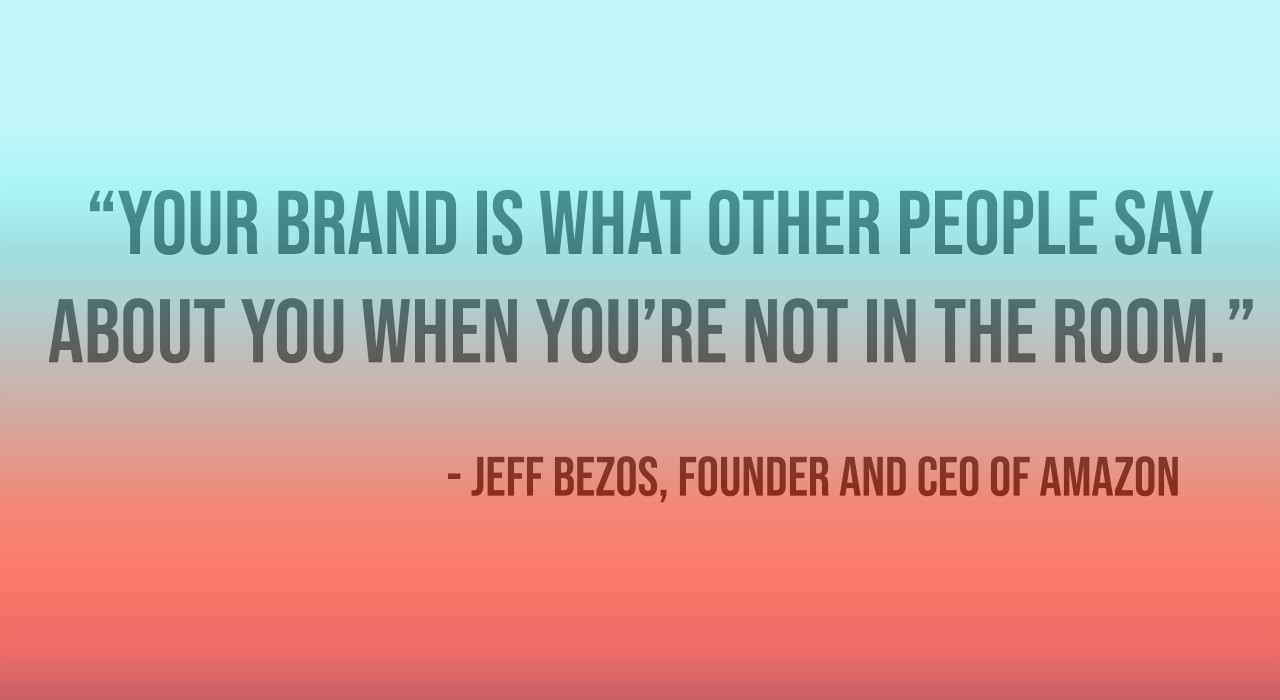“Your brand is what other people say about you when you are not in the room” says Jeff Bezos, Founder of Amazon.com
-
AUTHOR: singh
-
December 17, 2020

“Your brand is what other people say about you when you are not in the room” says Jeff Bezos, Founder of Amazon.com
https://www.linkedin.com/company/stalwart-people-company/posts/?feedView=all
Golden Helmet. That was what Donald Trump’s old hair was called until his brand new, slick-back ‘do. At the recent G7 meeting, Boris Johnson, who is famous for his unattractive and badly-styled hairdo, revealed a new hairdo which looked so much like Trump’s infamous comb-over – and the internet went unsurprisingly ballistic.
Let’s face it, work simply isn’t what it used to be. No matter how good your business credentials and solid your achievements, they’re only the minimum requirement.
Like it or not, perception is everything in the business world. How we look, sound and behave, how we handle ourselves and others, are more important in business today than how capable or clever we are. Don’t get me wrong, God-given talent and proper training are valuable variables for success. Talent alone may tee up high-level performance to get you in the door, but it is not sufficient. Character will keep you in the room.
According to Harvey Coleman in his book Empowering Yourself, The Organizational Game Revealed, although Performance is the entry ticket to the party, Image is three times more important as a driver for career success. Successful impression management can generate a number of important personal and organizational benefits, like career advancement, client satisfaction, better work relationships and group cohesiveness.
If you have been effective, reliable and knowledgeable thus far in your career, are these values enough to gain new chances of leadership and progression? If not, what new “brand values” do you need to adopt: to look, sound, behave and project?
In my experience, the key to successfully projecting a professional image is to always be true to your authentic self. If projecting an image feels forced and phony, chances are it will come across as forced and phony.
Case in point: to demonstrate that you care about the person, one would be genuinely focused on what that person is saying, not just pausing to be polite. This is not something you can fake – at least not consistently. I see examples of passive listening every day; it has become so common with each passing year. It has become routine to walk into meetings and see half dozen attendees punching the keys of their laptops. Many of them could be taking notes, but from my perspective they could be clearing emails or playing computer games. Similarly for the person you’re talking with to zone out and start typing on the mobile phone in the midst of a conversation.
Everyone can project a more positive image.
Everyone can develop a winning brand.
Everyone can develop a professional presence.
However, this image must be consistent with who you really are as a human being.
https://www.linkedin.com/company/stalwart-people-company/posts/?feedView=all

Recent Comments